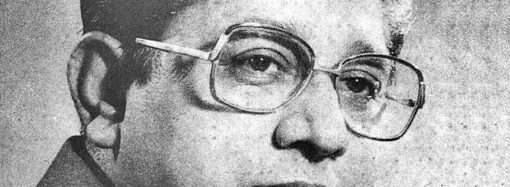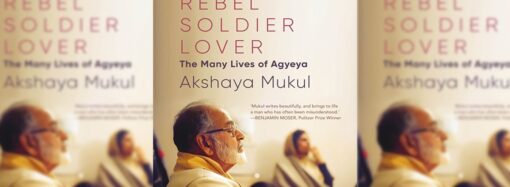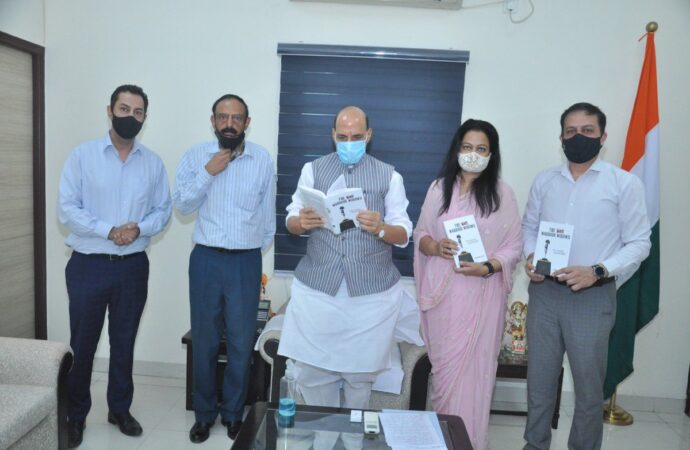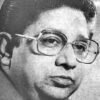Ambreen Zaidi in a conversation talks about her book and her research about Indian war widows whom she prefers to address as warrior widows.
Q. As your book ‘ Warrior Widows: Real Life Stories of Valiant Wives of Indian Soldiers’ suggests, there are several villages of warriors such as Shergarh and Gahmar. What were commonly observed predicaments of widows in such villages?
The pain is forever there in life but these women have decided to live their life with heads held high. Being a widow is not easy in our society especially when happiness is associated only with being married or husband being alive. But, if you are living in a village where every second or third house has a soldier’s widow who is revered then things become a little easier. Otherwise, it is not easy to survive with the stigma attached to the widowhood in our society. I have personally witnessed women being boycotted and shunned by their own family members from weddings or any celebration. In such circumstances, these villages are an epitome of patriotism and respect for women.
Q. A lot of war widows like Priyanka are of opinion that they should be provided safe government accommodation for their children after martyrdom of their husbands. What are efforts of government in that direction?
Government and the Indian army are helping in whichever way they can. However, a safe place to reside is most significant requirement for the next-of-kin of the soldiers which died in action. Once a soldier is killed in the line of duty, it becomes our duty to do the best for their families. With mushrooming of numerous NGOs to help these families, a lot of frauds are taking place in lieu of helping them. Their addresses become public and people visit their homes on the pretext of paying homage or condolences. After that, they post pictures and videos on social media. If only these families were staying in cantonments, not everyone would have an easy access to them and their children would be safe too.
Q. Why Bhagirathi Devi was not able to get her what was rightfully hers out of all widows of 1962 war in her district?
The Pradhan of her district played dirty politics and he didn’t want anyone else to have a big chunk of land. Hence, he bribed the officials and threatened Bhagirathi Devi of dire consequences if she or her father-in-law raised their voice or lodged a complaint. She was already dealing with the loss of her husband, so they kept quiet. Things became more transparent when her only son was old enough to understand things. He then started to writing letter and seeked help of local authorities.
Q. What do have to say about plight of wives such as Saroj whose husband went Missing In Action(MIA)? How can justice be done with no formal words on closure?
There are not lucid answers to that and that is the most painful part. India has 54 soldiers who are Missing-in -Action. Their families have been running from pillar to post since several years to get them back. Many claim to have received letters or to possess witnesses who have seen them in jails of Pakistan. Indian governments along the period of time have tried to get these soldiers released through diplomatic channels but to no avail. Many Indian civilians who were released also confirmed their presence in Pakistan jails. There were two visits organised for their relatives to Pakistani jails in 1984 and 2007. Even that didn’t help those families. So these are the soldiers who are neither mourned nor were welcomed back in their homes because families live in an eternal hope of their return some day. I sincerely hope and pray they do.
Q. In case of Sushmita, her husband was declared battle casualty but she is yet to receive her financial benefits. Why efforts can government do in this direction to facilitate justice?
Government has no role here. It is for the Army to decide and I am sure a decision in her favour will be taken soon. Indian Army as an organisation never leaves anyone behind and they ensure to provide the best for such widows.
Q. Rajwinder recalls in the book that she was ostracised in her family and was treated as untouchable. Has government or any regulatory body provide any legal support to counter such stigma?
Yes it was appalling but I cannot go into the details. It was mostly a family issue but the government and the Indian army provided her with all the support which she needed. Today, she is working at a position of great repute and respect.

















